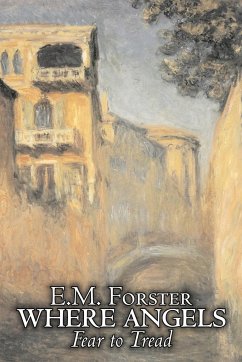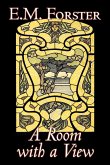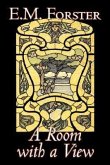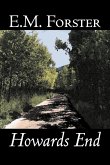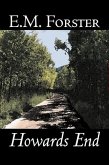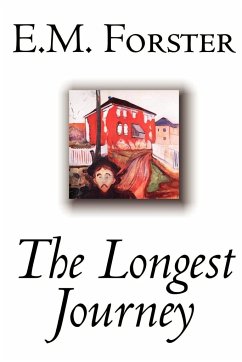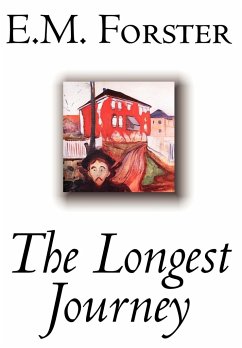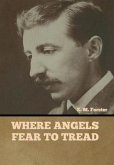""No, Mother, Lilia was really keen on going to Italy!" said Philip, finding the situation full of whimsical romance. There was something half attractive, half repellent in the thought of this vulgar woman journeying to places he loved and revered. But why should she not be transfigured by her journeys? The same had happened to the Goths!" When a man or woman is "neither well-bred, nor well-connected, nor handsome, nor clever, nor rich," what chance does he or she have for success, in turn-of-the-century England -- at least in that portion of London society almost ridiculously proper and well-behaved? The Philistines, the vulgar, the ones talented in making absurd impressions when in public . . . could they do well for themselves? Horrid thought! The author of "A Passage to India," E.M. Forster published his clever and incisive novel on English manners, "Where Angels Fear to Tread," in 1905.
Hinweis: Dieser Artikel kann nur an eine deutsche Lieferadresse ausgeliefert werden.
Hinweis: Dieser Artikel kann nur an eine deutsche Lieferadresse ausgeliefert werden.

